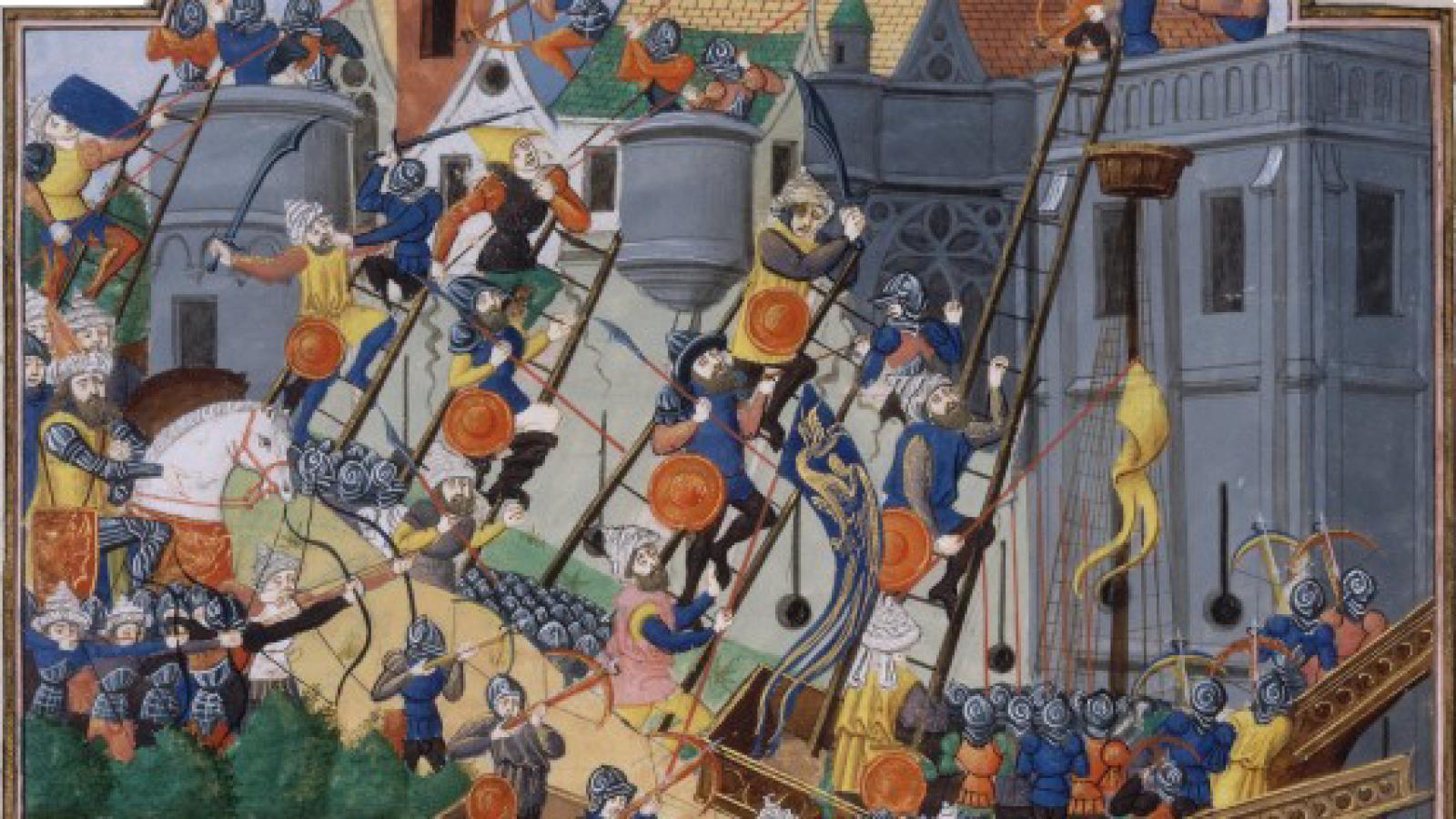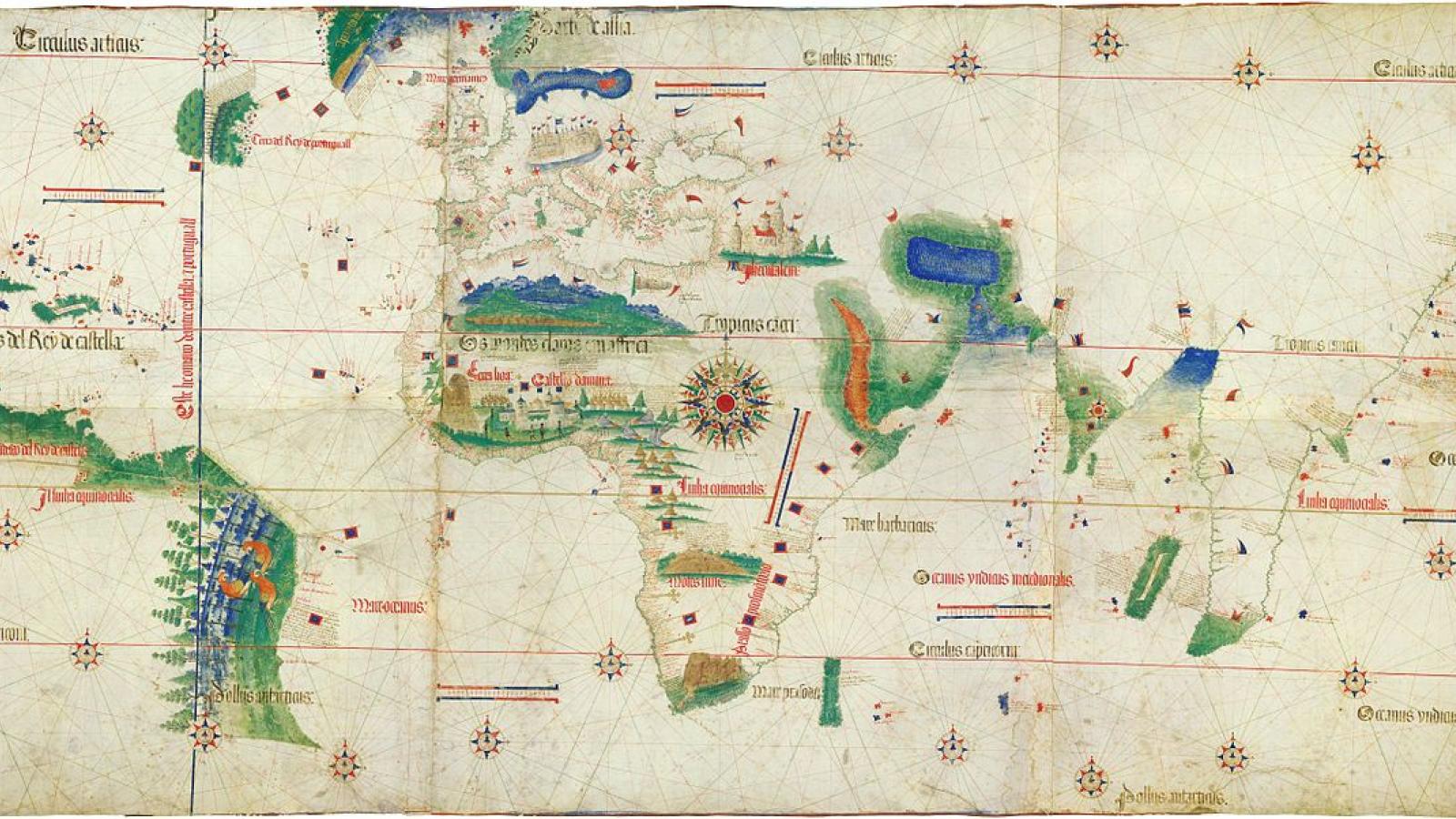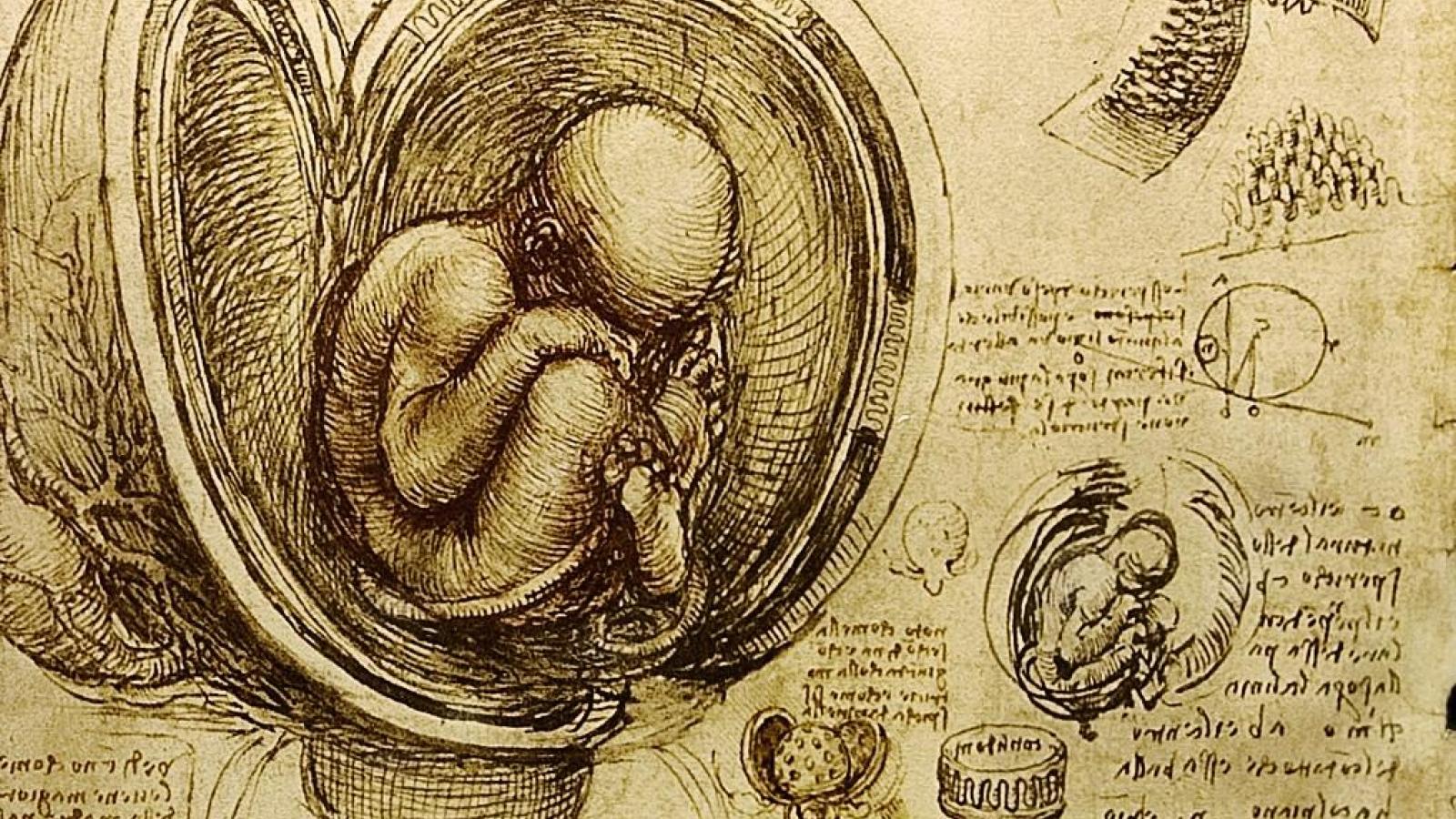Spring 2014 Courses
2014 MEDREN and CMRS Affiliate Courses:
MEDREN 2520 – Christians, Muslims, and Jews
Description: An introduction to Mediterranean studies examining relationships between the cultures of the three Religions of the Book (Jews, Christians, Muslims) through art, literature, and history. GE culture and ideas course.
Lecture: 30436
Time: TuTh 2:20PM - 3:40PM
Room: Campbell Hall 0209
Instructor: Jonathan D Burgoyne
MEDREN 2526 - Constantinople: the Imperial Capital of Byzantium
Description: Washington, D.C., was not the first “imperial” capital designed to evoke the power of ancient Rome. In late antiquity, the Romans themselves had built a New Rome in the East, which was also named Constantinople after its founder, Constantine the Great, the first emperor to convert to Christianity. This city – the Queen of Cities, as it was known – was destined to become the capital of two powerful empires, Byzantium and the Ottoman empire. This course will examine the making of this new Roman capital in the context of late antique history and culture (roughly from 300 to 600 AD). What do “capitals” do in the context of imperial political economies? How do their monuments “speak” to subjects and to posterity? How is history turned into a reservoir of “usable pasts” from which to construct new messages and identities? As we investigate these questions, we will also learn how to handle the different kinds of sources that have survived. Most sessions will combine literary sources, archaeology, art history, and modern scholarship. We will focus on the development of critical skills for analyzing sources and of informed imagination for what our sources do not tell us. Prereq: Not open to students with credit for 226 or Classics 2203, 2526, or 226. GE culture and ideas and diversity global studies course. Cross-listed as CLAS 2526.
Lecture: 30645
Time: MoWeFr 9:10AM - 10:05AM
Room: Journalism Bldg 0371
Instructor: Anthony Kaldellis
MEDREN 2610 - Science and Technology in Medieval and Renaissance Culture
Description: This course investigates the history of science and technology in Europe between the years 1000 and 1600 – the Middle Ages and Renaissance. We will explore topics such as medicine and anatomy, alchemy, vision and optics, botany, map-making, city planning, and machinery and technology through images, texts, and material culture. How did people before the modern era think that the body worked? What were their conceptions of chemistry and biology? Of the movements of the stars and planets? This G.E.C (Cultures and Ideas) course is ideal for students pursuing majors in both the sciences and the humanities, as it explores their intersection, seeking out the ways that scientific methods and questions are culturally constructed. GE cultures and ideas course.
Lecture: 30373
Time: WeFr 11:10AM - 12:30PM
Room: Baker Systems 0120
Instructor: Karl Peter Whittington
MEDREN 2618 - Travel and Exploration
Description: In this course we will explore narratives of travel and intercultural contact—not only victorious accounts of discovery and conquest, but also tales of failed expeditions, shipwreck, and captivity—produced by some of the main competitors in European imperial expansion: the Portuguese, Spanish and English. We will study the relationship between literature and empire as we examine how such narratives shaped Europeans’ perceptions of their own and other cultures, and how the texts reflect, implement, and/or challenge imperial and colonial discourses. This course examines intercultural contact between Europe (Spain, Portugal, and England) and the 'New Worlds' through early modern narratives of travel, conquest, shipwreck, and captivity. Prereq: Not open to students with credit for Medieval 218. GE culture and ideas and diversity global studies course.
Lecture: 30437
Time: TuTh 9:35AM - 10:55AM
Room: Arps Hall 0388
Instructor: Lisa Beth Voigt
MEDREN 5631 - Medieval and Renaissance Latin Literature
Lecture: 22686 (UG), 22685 (G)
Time: WeFr 12:45PM - 2:05PM
Room: Caldwell Lab 0171
Instructor: Richard Firth Green
MEDREN 5695 - The Literature and History of Early Modern London (1485-1660)
Description: This interdisciplinary course will explore roughly one and a half centuries of the history, politics, and culture of London, beginning with the religious upheavals of the Protestant Reformation, moving onto a civil war that saw King Charles I lose his head, and culminating with the devastating plague and Great Fire of London in 1666. We will begin by studying the factors behind London's phenomenal growth in the sixteenth century, a growth that quickly made London an unrivalled center of economic and political life in Britain. By reading a range of primary documents including urban surveys, parish registers, plays, and pamphlets we will consider the opportunities and problems spawned by urbanization (social mobility, poverty, disease) as well as the institutions and structures that regulated the life of the city. In our tour of this vibrant world, we will encounter an extraordinary range of figures: alongside the great and the good like monarchs and Lord Mayors, we will also encounter prostitutes, vagabonds, and gallants. We will become familiar with the topography and built environment of London, its churches and cathedrals, its palaces and thoroughfares, and of course its iconic river Thames. We will linger especially over religious controversies, public spectacles, and the burgeoning commerce of theater.. Prereq: 6 credit hours in MEDREN at the 2000 level or above. Repeatable to a maximum of 9 cr hrs.
Seminar: 22688 (UG), 22687 (G)
Time: TuTh 2:20PM - 3:40PM
Room: Bolz Hall 0313
Instructor: Christopher Frank Highley



